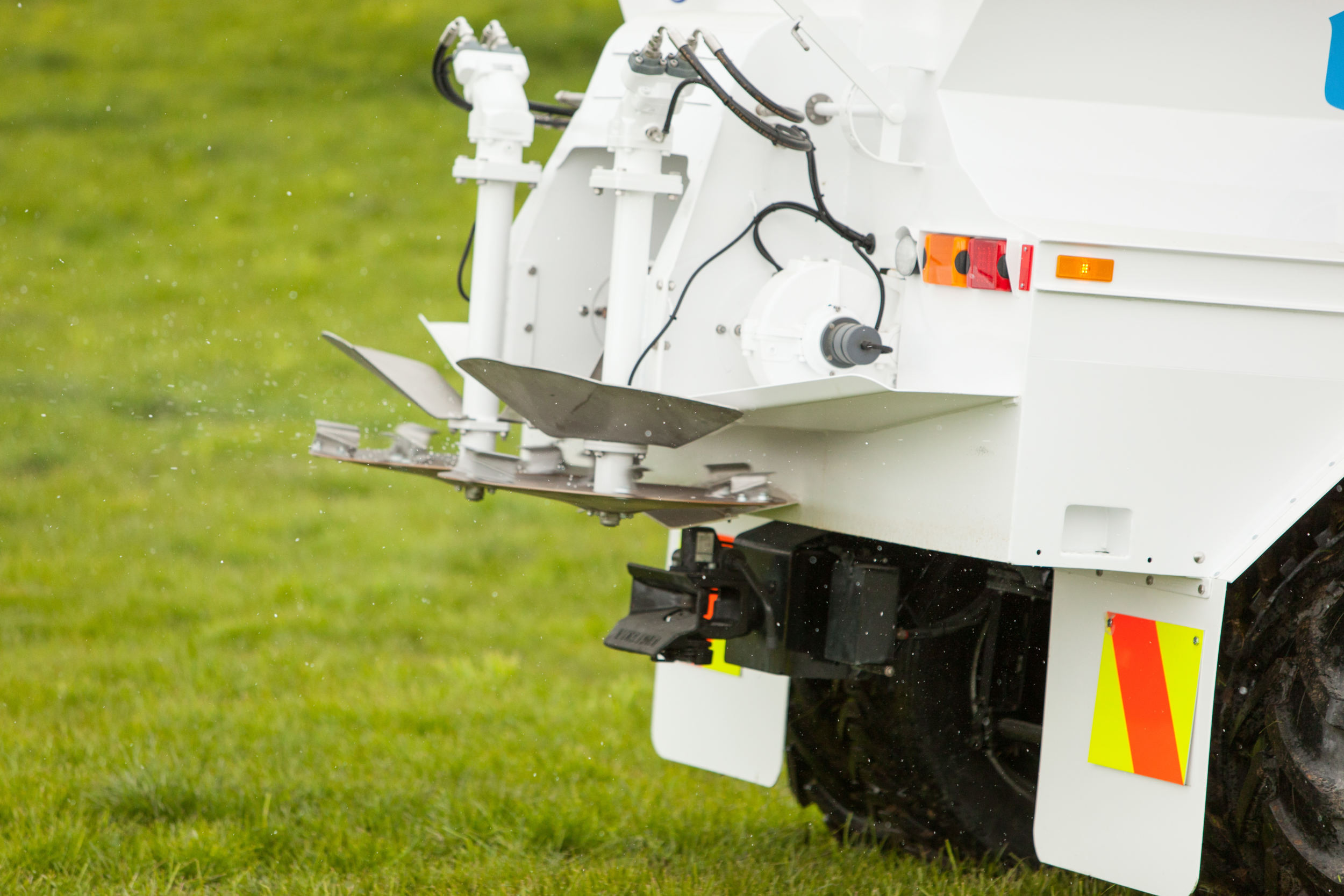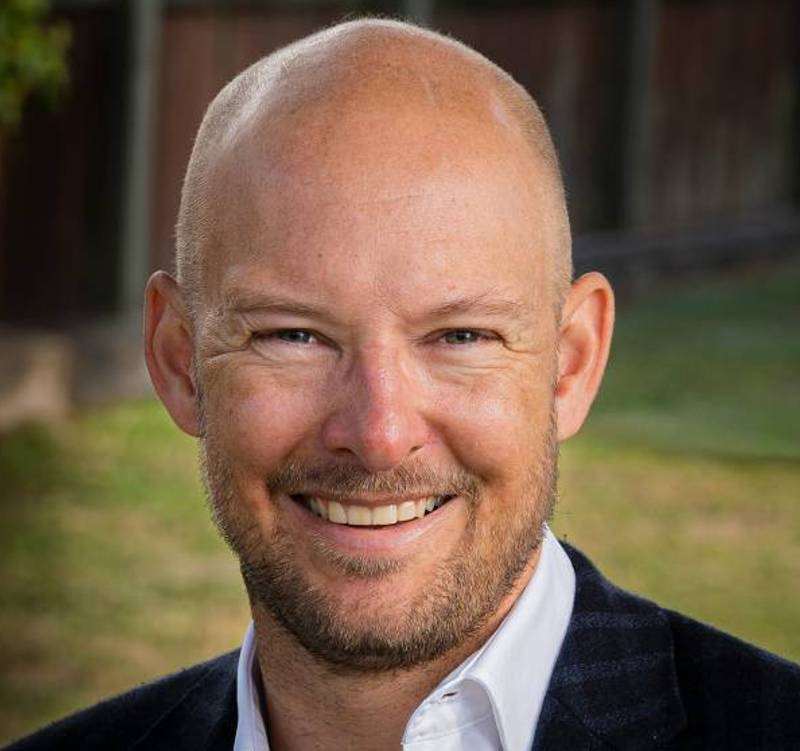
10 Aug Tackling rising input costs
By Dwayne Cowin
The original version of this article appeared in Country-Wide Magazine in May 2022
Despite enjoying strong product pricing for beef and lamb, farmers’ bottom lines aren’t budging. Though earnings have increased, so have the costs of key farming inputs.
The reasons these price rises are myriad and complicated, but a significant factor is the pressure on global and local supply chains. Due to port delays and Covid-19 closure relate, shipping prices are around 600% higher than they were two years ago. The prices of ocean freight out of Asia have also grown substantially, increasing by 15 times between March and August last year.
Inflation also plays are part. With the annual rate of inflation recently released at 7.3% for the June 2022 quarter, few costs have escaped recent price increases.
There are two approaches farmers can take. Simply write out cheques with a ‘just suck it up attitude’ or see this as an opportune time to review the financial performance of the farm businesses. Part of that review could include implementing changes to deal with the rising costs.
Lowering the cost of fertiliser
Since the fertiliser cost on most farms is between 15 to 30% of total working expenses, farmers are understandably feeling the pinch from recent price hikes. The cost of some high analysis fertilisers has more than doubled in the last 12 months.
As a result, farmers are being forced to make difficult decisions about what product to use and how much to put on.
While the current prices could be a temporary spike, they’re unlikely to return to the levels they were 12 months ago. Rather than withhold fertiliser applications to ride out the price rise, a better strategy is to lower fertiliser costs. Even a 10% reduction in fertiliser expenditure through targeted fertiliser applications can reduce total farm working expenditure by 2%.
Cost-reducing strategies could include:
- Start back at the start – have we got soil transect lines in the right place to best represent different areas of the farm?
- Develop a more tailored fertiliser application strategy. By obtaining accurate soil test results, tools such as variable rate spread technology can be used to target more productive areas of the farm, or areas which will yield the greatest response.
- Is there an area of the farm with a nutrient status above the optimum range? Can a sub-maintenance rate be applied over this area without reducing pasture production?
- Don’t have a short-term fertiliser strategy that mines soil fertility to a level where pasture production becomes adversely affected.
Lowering the cost of feed
While some sheep and beef farms operate a simple all grass system, other farms which are reliant on either conserving, growing or importing supplementary feed should be understanding the cost of doing so, and carefully considering this against the relative benefits.
Feed costs have increased in three main areas – nitrogen fertiliser costs, fuel costs (which affect cropping and supplement conservation costs), and chemical costs (affecting cropping costs).
The spike may be temporary, but prudent farmers would do well to consider the following cost-lowering strategies:
- Review the current on farm stock policy – are we using a lot of supplements in our system? Is this still economic at higher prices?
- Have a strategy to fill the feed gap. This could either be reducing feed demand (by selling some trading stock) or increasing feed supply (by feeding out or importing supplements).
- Know the costs of conserving feed on farm (through cropping, silage conservation etc.) compared to importing feed. Most methods of conserving feed on farm cost between 13 – 20 cents/kg DM, whereas importing feed costs start at 30 cents/kg DM (applying nitrogen) and go as high as 50 cents/kg DM (importing palm kernel or baleage on farm).
- If supplementary feed is grown/imported as part of the farming system, explore options to contract in product schedule pricing. This way the trading margin can be locked in, given we know the feed cost.
- Be disciplined in the selling decision if the cost of supplying feed is going to be more than the return from retaining the stock.
Lowering the cost of repairs and maintenance
Unlike fertiliser and feed prices, the material costs for fencing, water reticulation etc. are unlikely to come back down. But there are measures farmers can take to minimise the impact of repairs and maintenance.
- Decide ahead of time what is necessary expenditure (i.e. the business will fall down if the cost is not incurred) versus discretionary expenditure (the nice-to-do job list).
- Decide which jobs are time critical (cannot be delayed) vs flexible. Prioritise the job list based on the time constraints.
- Develop ‘if statements’ for when discretionary repairs and maintenance expenditure can be incurred. Is it when we know our average lamb sale price? Is it when we hit our target pasture covers pre-winter and don’t need nitrogen to boost feed supply?
- Consider the above points as part of a whole farm budget – e.g. Since we didn’t achieve budgeted lamb sale value, is it more important to get all the fertiliser on and leave roofing the back docking yard for another year?
- Get quoted pricing for materials.
It all adds up
Although gains at an individual cost level may seem small, ten small wins can add up to a reasonable saving over your total farm working expenses bill. The key is to isolate each of the three key areas (fertiliser, feed, repairs) and systematically work through them to find the gains.


